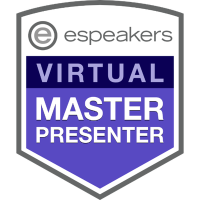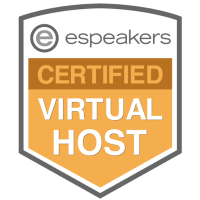|
|
Building Powerful CONNECTIONS® Keynotes & Virtual Workshops
Dr. Holmes, thank you for the wonderful, thought-provoking keynote address and breakout session, as well as your participation in the panel discussion at our 6th Annual Diversity Appreciation Day Celebration. Your presentations were thoroughly enjoyed by all. We’ve received nothing but great comments ranging from, “I enjoyed Dr. Holmes” and “Dr. Holmes is a dynamic speaker – see if he could teach a class that provides cultural group information” to “Dr. Holmes needs to come back and do Diversity Forums for all DMC sites. His message is universal – he can reach the masses effectively”. Marcia Gamble-Griffin, Co-Chair, Diversity Advisory Council, Detroit Medical Center |
|
|
I offer 3 categories of signature speaking programs that can serve as highly interactive keynote presentations, workshops or virtual training sessions. Click on the links below to learn more about each session and to download one-sheets:
|

